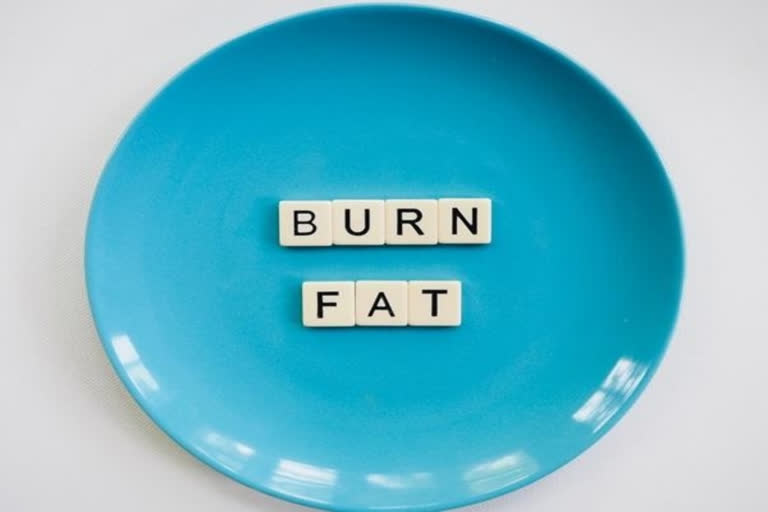New Delhi: The timing of food intake can affect weight loss in several ways. Eating at regular intervals throughout the day, rather than skipping meals or having large gaps between meals can help regulate hunger and prevent overeating. Eating a larger breakfast, a moderate lunch, and a smaller dinner has also been shown to be beneficial for weight loss. In addition, eating a healthy snack before bedtime can help prevent late-night snacking, which can lead to weight gain. However, it is important to note that overall calorie intake and balance of macronutrients are more important than the timing of meals for weight loss.
- Breakfast:Eating a nutritious breakfast within the first hour of waking can jumpstart metabolism and provide energy for the day. It regulates our hunger hormones and keeps us fuller and pleased for longer. Skipping breakfast can lead to overeating later in the day and slow metabolism. No matter what, don't skip meals.
Skipping breakfast is frequently linked to a number of unhealthy indicators, including weight gain and decreased glucose metabolism. People frequently find that eating breakfast reduces impulsive snacking and prepares the body for a day of healthy nutrition. Your metabolism can be boosted for the day by having a well-balanced breakfast that includes high-fibre foods like berries and a decent source of protein like Greek yogurt.
- Lunch:Although lunch should be your largest meal of the day, the timing of lunch seems to have the least impact on weight loss (along with breakfast if consumed). This relates to the fact that the body is more effective earlier in the day at digesting food, burning calories, and controlling hormones thanks to those circadian rhythms. Eating a balanced lunch that includes protein, whole grains, and vegetables can help control hunger and keep energy levels steady throughout the afternoon. Skipping lunch can lead to overeating or making poor food choices later in the day.
Also read:Your guide to eating right as per Ayurveda in 2023
